AS Nigeria makes effort to revive the railway transportation sector which has been moribund for almost 100 years after the first rail line infrastructure was built under the British colonial government, industrialists have expressed optimism that the sector when fully developed will create huge economic opportunities in the entire value chain in the sector.
During the 25th episode of the Nigerian History Series (NHS) organized by the Centre for Values in Leadership (CVL), the Chief Executive Officer of Shoreline Energy Group, Mr. Kola Karim said the sector has great potentials to unlock huge economic and social benefits to both the citizens and the government.
Join our WhatsApp Channel“Nigeria is delivering the first wave of railway development, and that’s a phenomenal moment because the moment unlocking the railways takes shape like you are seeing now in Lagos and Ibadan today you can then imagine how that is going to actually reduce the wear and tear on the Nigerian roads,” Karim stated.
The aim of government’s commitment to revitalizing the railway sector under the management of the Nigerian Railway Corporation (NRC) is to cut the spiraling cost of transporting goods around the country and make traveling around the country safer, especially in a time when criminal elements like armed robbers, kidnappers, and bandits have infested various Nigerian roads with their nefarious activities and generally boost socio-economic activities in various parts of the country.
Last week Thursday, July 15, President Muhammadu Buhari flagged off the construction of 203 kilometers Kaduna-Kano railway. According to Buhari, during the flag-off ceremony, the effort in commencing the rail line construction project is a demonstration of his administration’s commitment towards reviving Nigeria’s railway system to create a robust transportation system in the country.
The 1.2 billion dollars project which is reportedly going to be funded from the Federal Ministry of Transportation will when completed, join the Abuja-Kaduna railway segment earlier constructed and commissioned for full operation in 2016. He also noted that upon completion, “the Kaduna – Kano railway project is to link the Lagos – Ibadan railway project via Abuja, Mina, Ilorin, Oshogbo, Ibadan to Lagos on one end, and Maradi, Niger Republic on the other.”
The Kaduna- Kano rail project is the third to be commissioned by the President in the last five years. The other two were Abuja-Kaduna, Itakpe- Ajaokuta-Warri, and Lagos – Ibadan rail lines.
On June 10 2021, Buhari also commissioned full commercial operation of the Lagos-Ibadan railway, which covers about 157 kilometre, with a design speed of 150 km per hour. The 1.6 billion dollars railway project handled by China Civil Engineering Construction Corporation (CCECC) is targeted at connecting many cities in Southwest Nigeria as it runs from Apapa Wharf in Lagos, through Ogun State and terminated in Ibadan, Oyo state. It will equally decongest Lagos as it will be possible for people to work in Lagos, live outside Lagos, and vice versa.
According to the Governor of Lagos, Babajide Sanwolu, “It will radically transform the life, work, and the leisure for multitudes of our citizens along this (Lagos-Ibadan) corridor. It will open opportunities for investments, real estate corridor, urban development, commerce, and so on.” During the flag off, President Buhari described it as another milestone in revitalization of railway projects to boost economic activities in Nigeria.
The Itakpe- Ajaokuta-Warri railway line, a 326-kilometer project, which links Warri in Delta state to Ajaokuta in Kogi state, was inaugurated by President Buhari in September 2020. The rail project which had an estimated cost of 874 million dollars, co-financed by China’s Exim bank as a concessionary loan and Nigerian government, is projected by NRC to generate annual revenue of about N3 billion.
The Abuja-Kaduna is a 186 kilometer rail line connecting Abuja and Kaduna state. It reportedly generated N1.5 billion in 2019 as annual return.
A developing country as large as Nigeria both in geographical size and population indisputably needs a functional transport system such as a “modern and functional railway system, which is undeniably instrumental to creating much-needed socio-economic transformation and industrial development,” said the Transportation Minister, Rotimi Amechi during the flag-off of freight haulage services at the Itakpe-Warri rail line in April this.
The Federal government has spent billions of dollars in railway projects mostly through loan deals executed in partnership with China.
Victor Ezeja is a passionate journalist with seven years of experience writing on economy, politics and energy. He holds a Master's degree in Mass Communication.

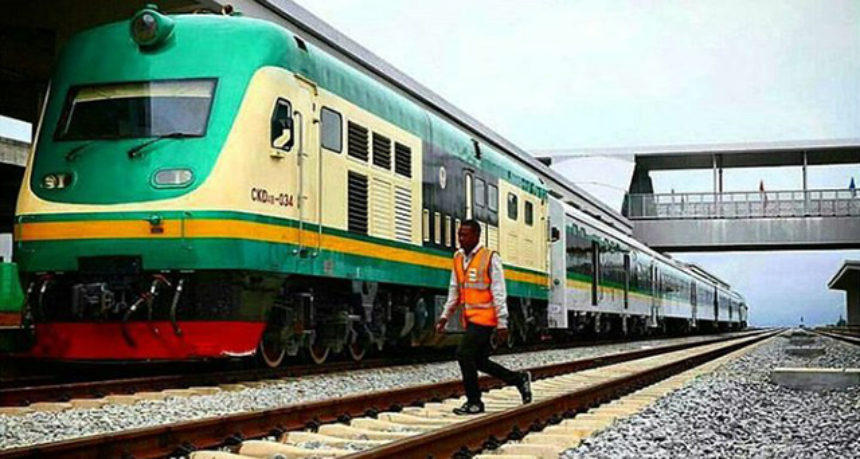

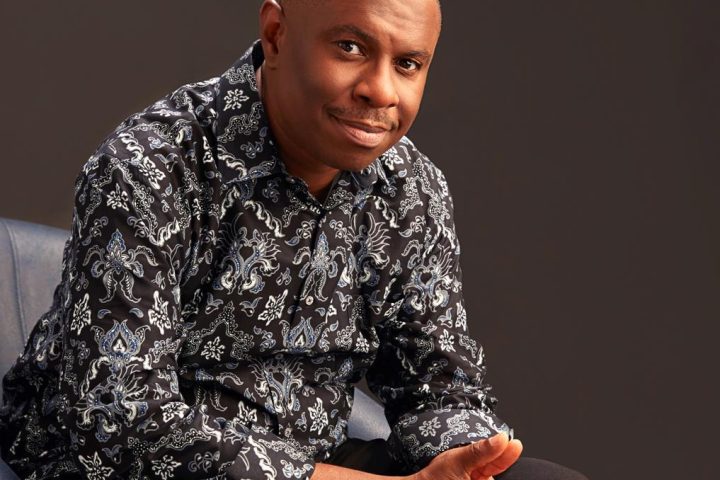
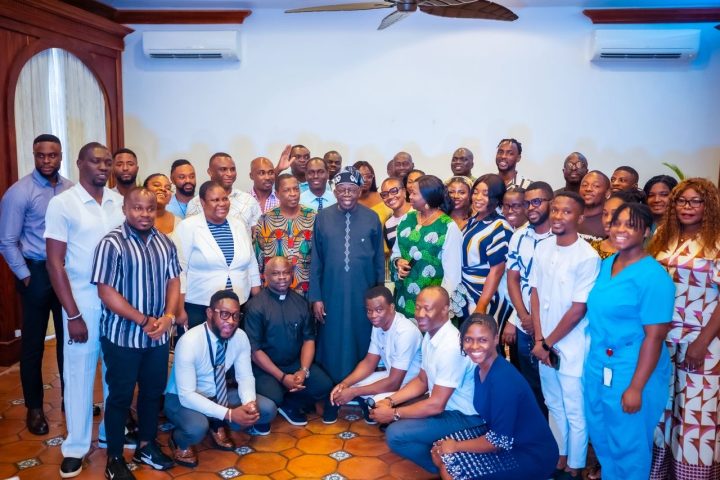
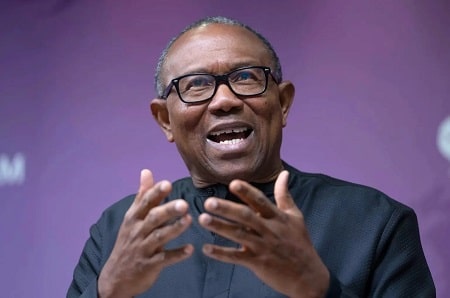









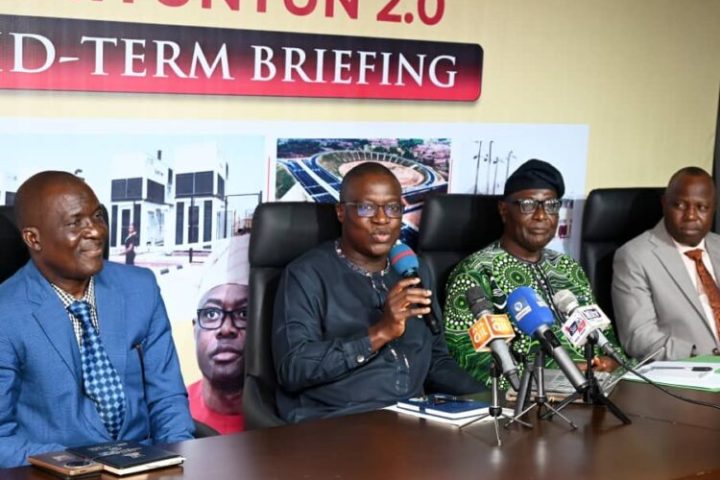
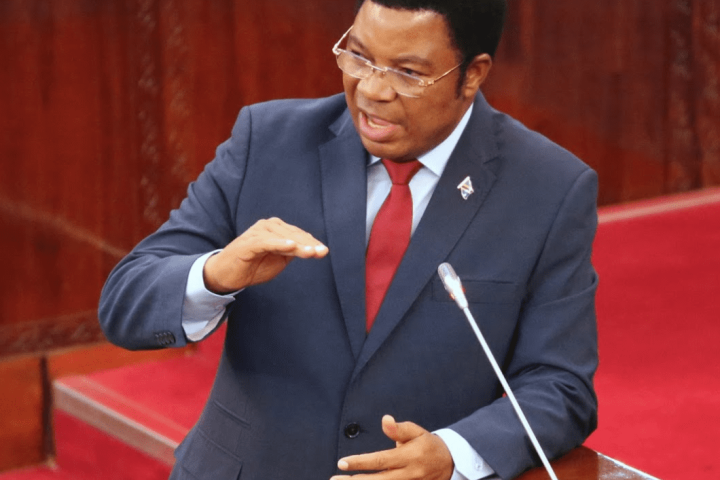
Follow Us